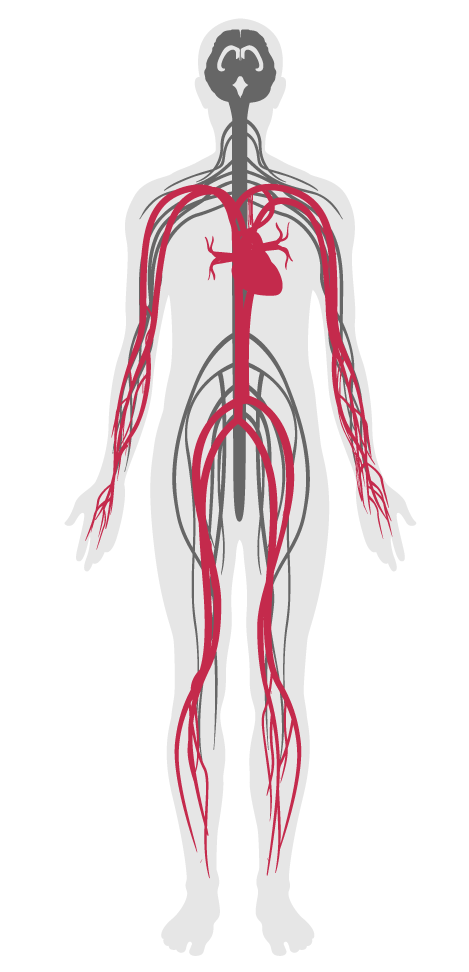Business travel
Features/Mind/Feature 91
- 84 Health and wellness awareness
- 85 Integrative design
- 86 Post-occupancy surveys
- 87 Beauty and design I
- 88 Biophilia I - qualitative
- 89 Adaptable spaces
- 90 Healthy sleep policy
- 91 Business travel
- 92 Building health policy
- 93 Workplace family support
- 94 Self-monitoring
- 95 Stress and addiction treatment
- 96 Altruism
- 97 Material transparency
- 98 Organizational transparency
- 99 Beauty and design II
- 100 Biophilia II - quantitative
- P5 Health through housing equity
- P6 Education space provisions
Business travel
Intent:
To minimize disruptions to occupants' sleep and fitness regimens, and personal relationships by adopting supportive travel policies.
BACKGROUND
Business travel is often associated with a number of negative health outcomes. Research from the World Bank indicates that business travel is associated with higher total medical claim costs, with the highest increase attributed to psychological disorders related to stress. Additionally, findings indicate that the main stressors of business travel are impacts on family and personal life, jetlag, increased workload upon return and isolation from family and friends.
In order to reduce stress related to business travel, employers promote the following policies:
a.
Employees are provided the option to select non red-eye flights or are given the option to work remotely on the day of arrival from a red-eye flight.
b.
Employees are not required to take business trips for which the total travel time (including lay-overs, wait times and travel to and from terminals) exceeds both 5 hours and 25% of the total trip duration.
c.119
During long business trips (domestic travel lasting more than 2 weeks and international travel lasting more than 4 weeks), employees are given the time off and a budget to fly home for at least 48 hours or to fly a friend or family member to meet them.
d.119
Employees are booked at hotels with free fitness centers or reimbursed for any gym usage fees incurred during their travel.

